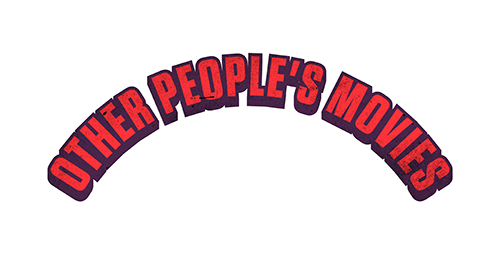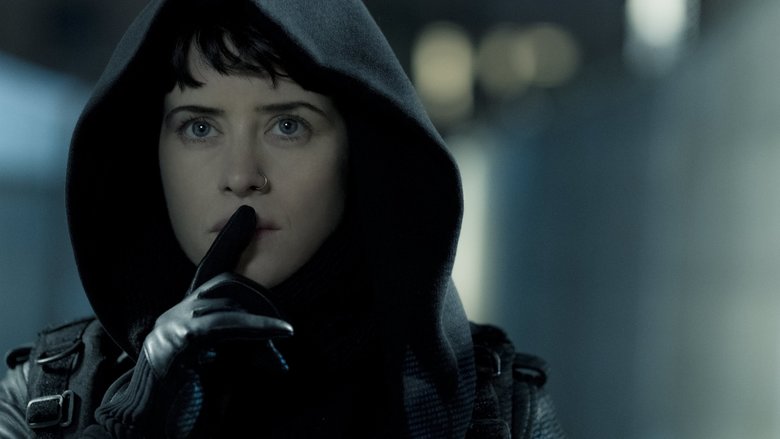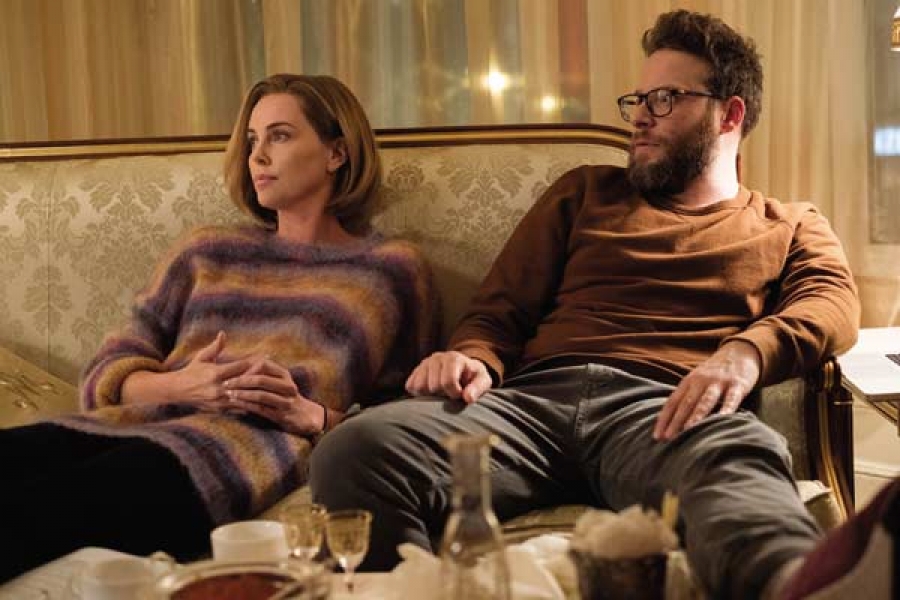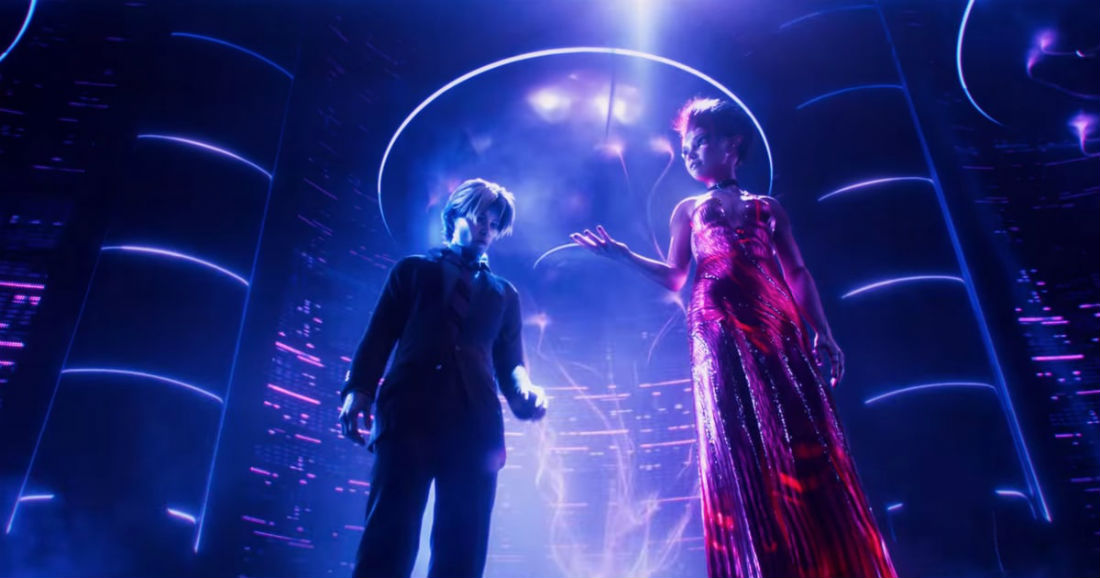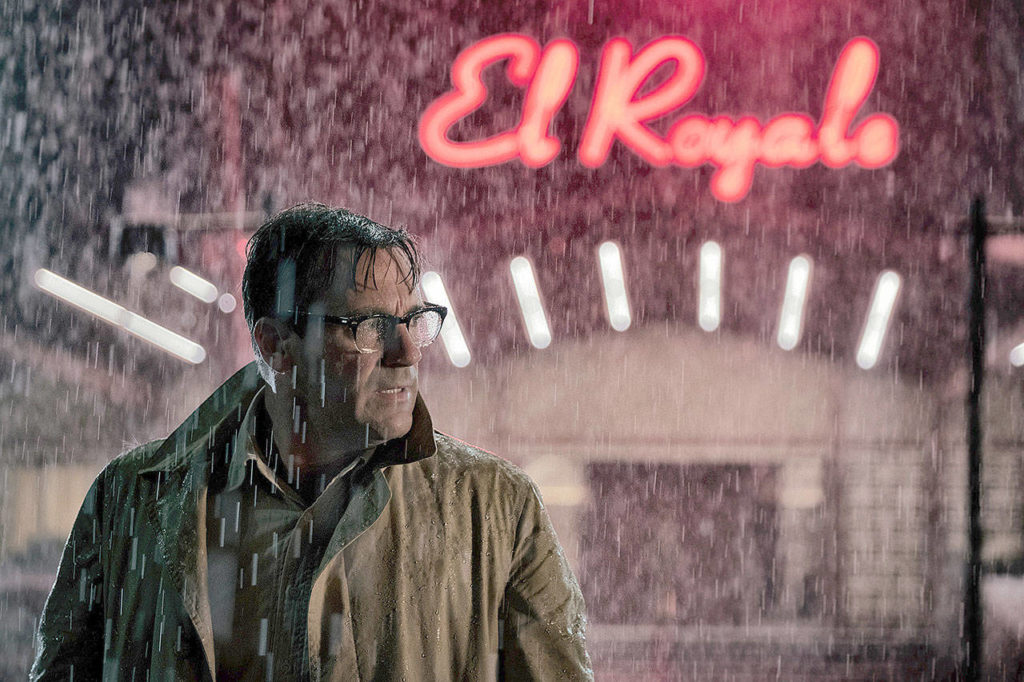
2018 saw a steady stream of original, daring, and adult-oriented movies released onto the marketplace. Many of its most touted releases turned out to be relative disappointments and many of its masterpieces were quiet surprises with short theatrical runs or straight-to-online-streaming releases—but, hey, what else is new these days?
Time always tells what the masterworks of any year truly are. We’ll see in another decade if the following list of films still have or have gained the audience they deserve to become the classics this writer already believes them to be. Today, however, these are the ten (well, twelve) movies from 2018 that stood out the most.
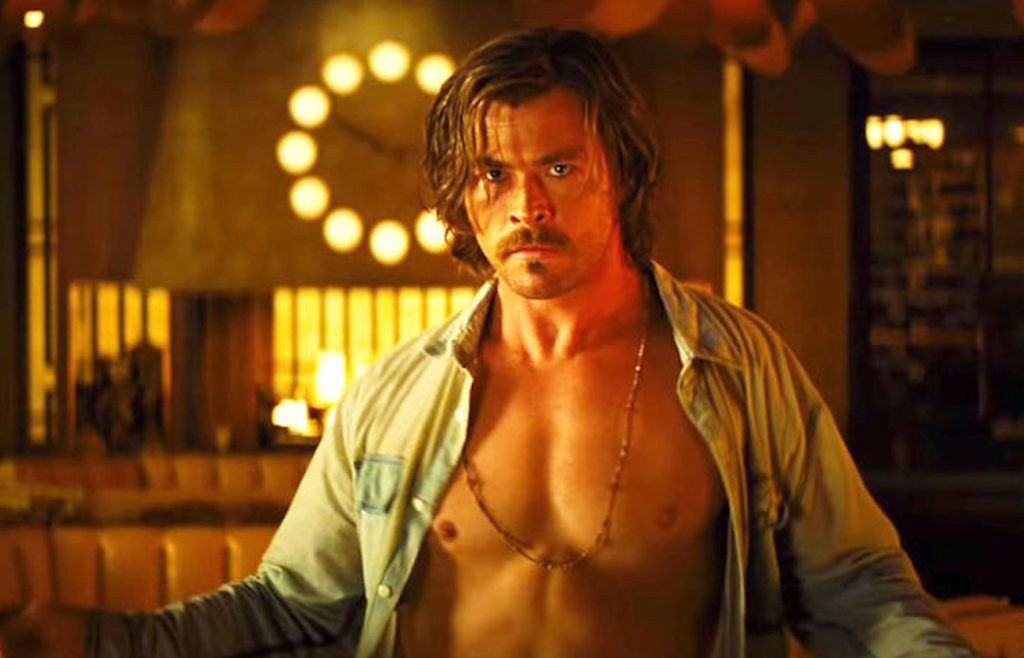
1. Bad Times at the El Royale
Writer/director Drew Goddard’s linearly-fractured, multi-character, sixties-set noir is one of the smartest and most complex thrillers in recent memory. A group of troubled souls intersect at a novelty hotel on the Nevada/California border. Traditional narrative is thrown out the window in favor of an organic and unpredictable unfolding of events that follows the behavior of its richly drawn and developed characters—and the extreme consequences of their chance encounters.
Jeff Bridges, Cynthia Erivo, Lewis Pullman, and Chris Hemsworth stand out amongst the stellar and flawless ensemble. Goddard’s filmmaking is as innovative as it is subtle. Bad Times at the El Royale is the fullest and the most thrilling cinematic ride of the year.
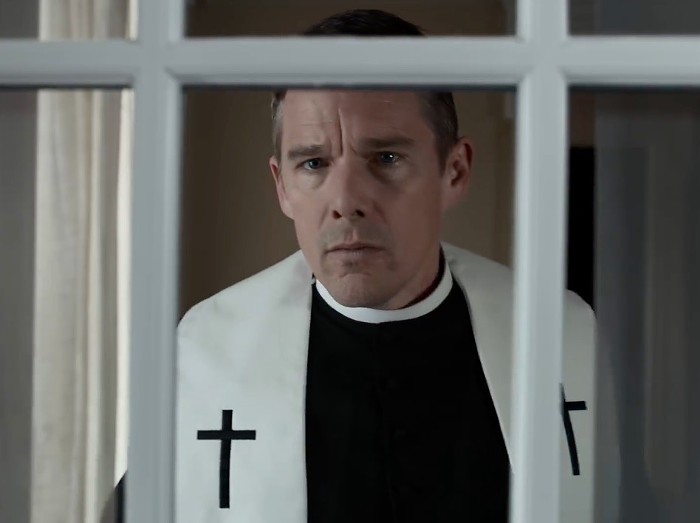
2. First Reformed
Paul Schrader’s directorial masterwork is an exercise in perfection. From concept to execution, it’s a rare film that simply works on every level it aspires to reach. It succeeds in its grand-scale themes of ecological disaster and in its smaller, intimate moments of character study featuring an alcoholic and lifeless priest (Ethan Hawke, in the best performance of his career) falling deeper and deeper into a self-induced vortex of despair and alienation.
Amanda Seyfried offers excellent support as Hawke’s only hope for human connection. First Reformed is an instant classic by one of the few remaining filmmakers of his time whose integrity and talent (in spite of some bumps in the road) are still fully intact.
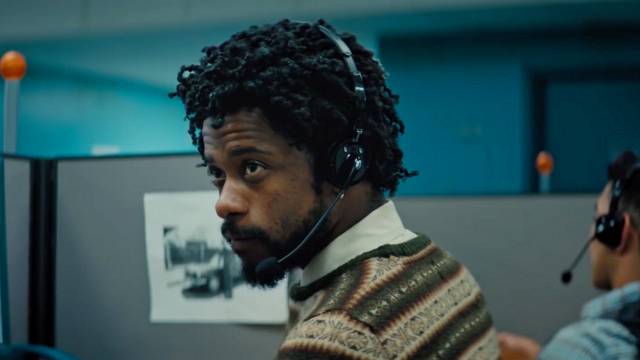
3. Sorry To Bother You
Boots Riley’s directorial debut is one of the smartest, most original, and most daring American satires of this or any era. Lakeith Stanfield stars as a young African American man who loses his identity while rising in the ranks of a white-dominated (in every possible way) call center. Absurdist (and spot-on) observations of racism, capitalism, American values, and general stupidity accumulate into a conclusion that is as justifiably scathing as it is unbelievably (and ingeniously) strange.
There is nothing else like this movie. Riley proves himself to be an unquestionable name to watch.
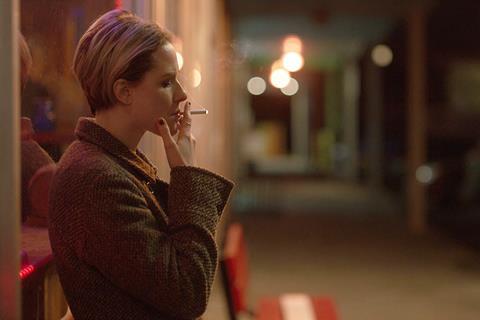
4. Allure
Evan Rachel Wood’s performance in Allure should be as celebrated as Ethan Hawke’s in First Reformed. It’s just as emotionally brutal, just as committed, and every bit as devastating to witness. Wood portrays a troubled house cleaner who seduces the teenage daughter (Julia Sarah Stone, in a heartbreakingly vulnerable performance) of one of her clients, then proceeds to hold her physically and emotionally captive.
Easy escapism it is not, as Allure refuses to pull any punches. The film takes its subject matter very seriously, refusing to succumb to the cheap thriller formula its premise might suggest. It is a brutally honest film about the cycle of abuse in which Wood’s character is as much the victim as she is the predator. The terror she inflicts on others and the horror she experiences while discovering this is painfully, nakedly depicted by the actress– who never ceases to amaze with what she is capable of achieving on film.
In their writing and directorial debuts, Carlos Sanchez and Jason Sanchez have delivered a film that is as unforgettable as it is uncompromising.
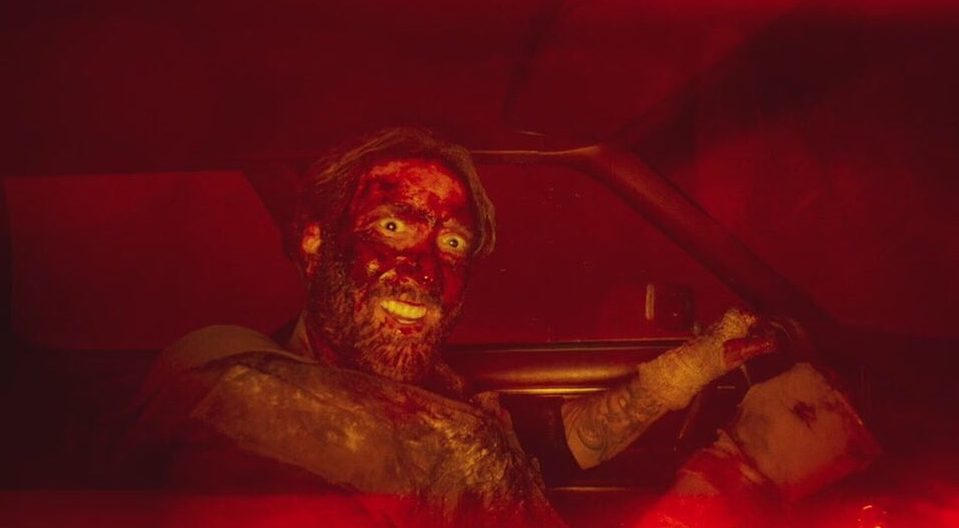
5. Mandy
Nicolas Cage’s return to form (on the heels of his wonderfully twisted turn as a bloodthirsty parent in Mom and Dad— also from this year) is every bit as trippy, twisted, and ethereally brutal as you’ve most likely heard. It’s a simple revenge story set in the eighties about a lumberjack (Cage) who loses his wife to an LSD-worshipping cult of freaks—but it’s told with such artistry and ingenuity that it somehow transcends any genre to become a new kind of horror show entirely from its own universe.
Cowriter/director Panos Cosmatos’s unapologetically singular voice is a welcomed breath of fresh, bizarre air.
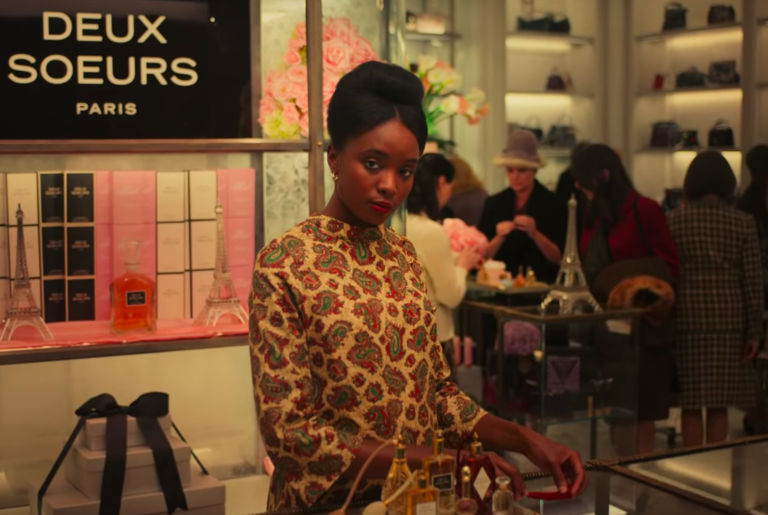
6. If Beale Street Could Talk
Barry Jenkins’s follow-up to Moonlight successfully tackles grand themes of racism, sexism, the justice system, religion, sexual assault, and poverty (just to name a few)—making it an unquestionably relevant important topic film. What makes If Beale Street Could Talk truly soar, however, is its ability to evoke empathy by portraying its characters with humanity, heart, and frankness.
The film, set in early-1970’s Harlem, centers around a nineteen-year-old mother-to-be (played by newcomer KiKi Lane so naturalistically that she makes you forget you’re watching a movie) named Tish. Aided by her endlessly devoted family, Tish is also caught up in a legal battle against the incarceration of her unborn child’s unjustly accused father.
No other filmmaker working today knows how to communicate interior life quite like Jenkins. Through intimate and simple focus on his (and novelist James Baldwin’s) characters, the film’s larger themes come to life organically and without overt self-proclamation. If Beale Street Could Talk manages to speak volumes with a carefully soft and beautifully graceful voice.
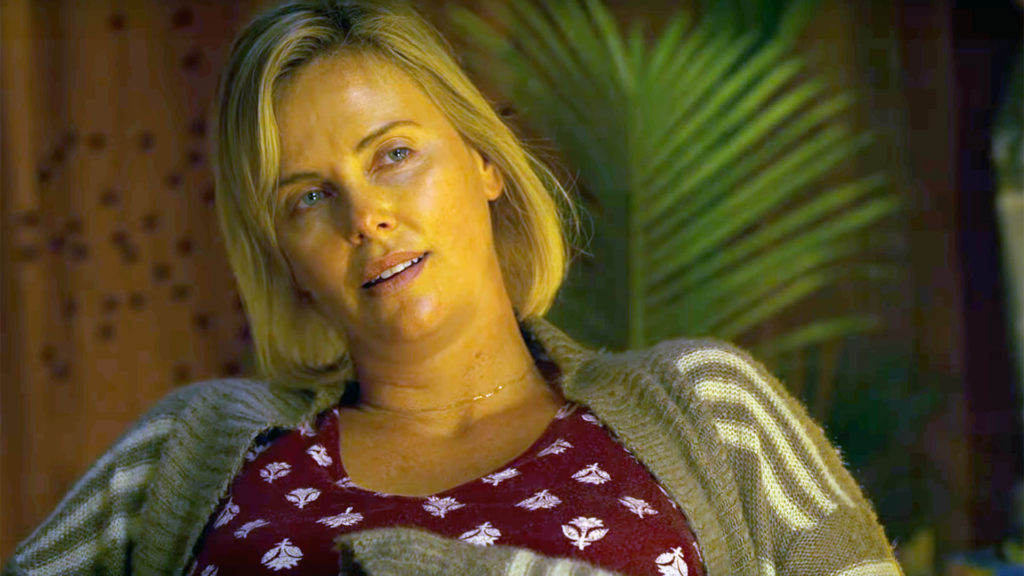
7. (tie) Tully and The Front Runner
Jason Reitman has been on an artistic winning streak this past year—it’s just too bad no one noticed. Tully, the director’s reunion with screenwriter Diablo Cody and actress Charlize Theron, is a rare look at motherhood, aging, and the lack of female identity within traditional family households. Theron plays a mother of three struggling with the concept of allowing a new nanny (played by the vivaciously engaging Mackenzie Davis) to aide in her exhaustive family responsibilities. Surprising, funny, and heartfelt, Tully has so far been an unjustifiably ignored film that needs as many eyes on it as it can get.
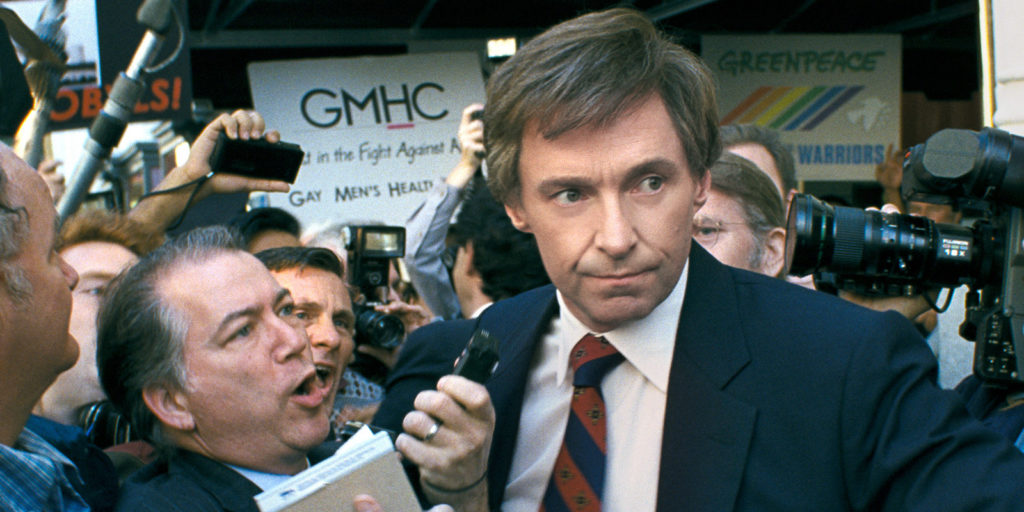
The same can be said for The Front Runner, Reitman’s examination of the 1988 Gary Hart presidential campaign. Directly told with an emphasis on character, the film examines tabloid journalism’s entrance into politics and how it paved the way for the chaos representing our country today—but it does so without the obnoxious grandiosity or know-it-all self-importance so many political films seem to favor. Hugh Jackman is as flawless as ever. Vera Farmiga is stellar as Hart’s devoted but emotionally exhausted wife, Lee.
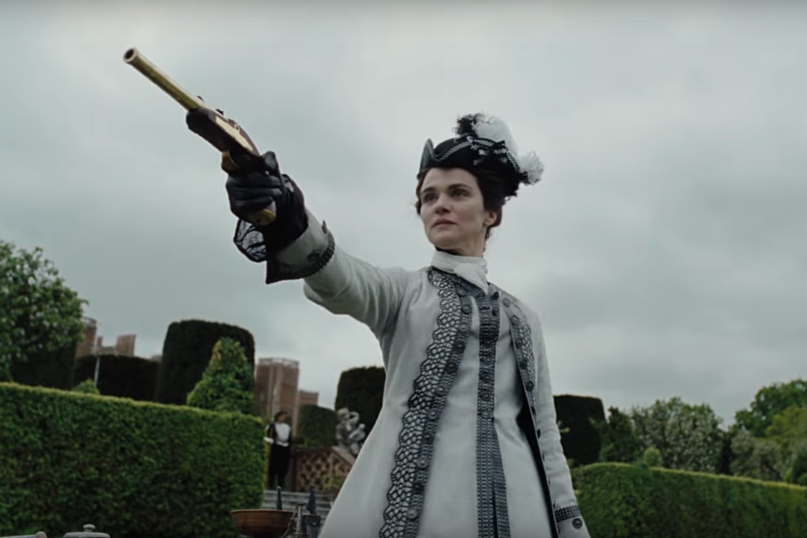
8. The Favourite
Yorgos Lanthimos continues his English-language hot streak with this darkly comedic 18th century period piece. Two women (Rachel Weisz and Emma Stone) are vying for the affections of a mentally ailing Queen Anne (Olivia Colman, in a performance that is equally tragic and hilarious) for their own self-gain. While one is, perhaps, looking out for her family and country, the other is simply climbing the social ladder with increasingly sociopathic ambition and no clear end in mind.
Weisz and Stone are both at their wicked best, competing with each other in a game of wits and seduction prowess. Robbie Ryan’s coldly observational but stunningly gorgeous cinematography compliments Lanthimos’s skewed (sometimes verging on nightmarish) depiction of events. Not a typical period film by any means, The Favourite is a strange and unforgettable take on history that cleverly examines the consequences of wholly selfish and utterly blind personal ambition.
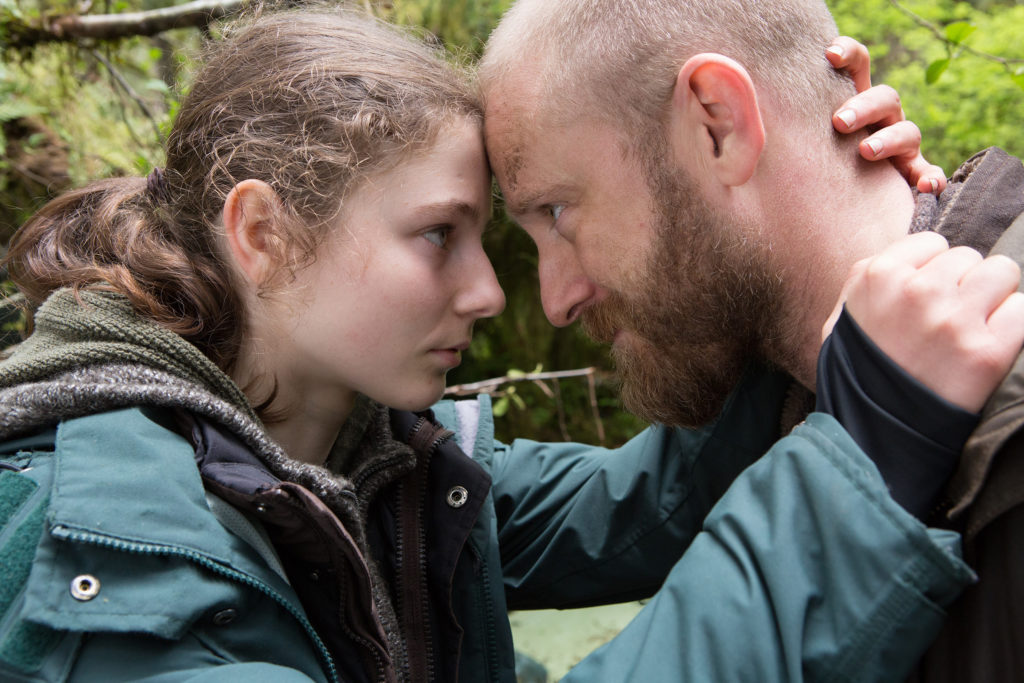
9. (tie) Leave No Trace and Galveston
Ben Foster is further proving himself to be one of the most committed and versatile actors working in Hollywood with both of these films. Leave No Trace, co-written and directed by Winter’s Bone’s Debra Granik, is a subdued and maturely-distanced character study about a man (Foster) who simply cannot fit into modern-day society—in spite of repeated efforts to do so for the sake of his teenage daughter (played to perfection by Thomasin McKenzie). Moving, skillfully crafted, and dramatically satisfying without succumbing to obvious manipulation techniques, there’s a reason Leave No Trace is one of the best-reviewed films of the year.
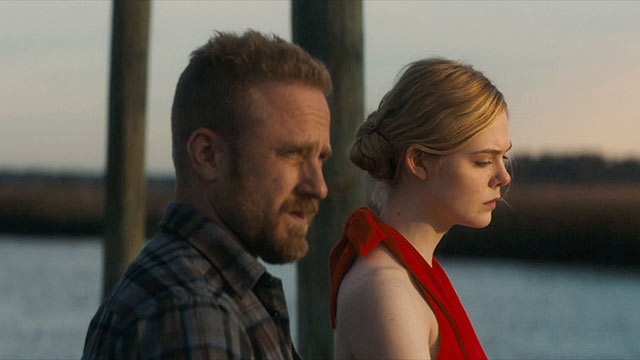
The same cannot be said, sadly, for Galveston. Wholly underrated, director Melanie Laurent’s adaptation of Nic Pizzolatto’s novel is a unique blend of hardcore noir and an ethereal, almost Malick-like beauty that sheds light and decency on the darkness at the heart of its characters. This time around, Foster plays a terminally ill hitman who is forced to take a teenaged prostitute (played with naturalism and honesty by Elle Fanning) under his wing. The pacing is air-tight, Laurent’s execution is something truly special, and the film—a culmination of many enormous talents–is one of the most effective and hard-hitting of the year.
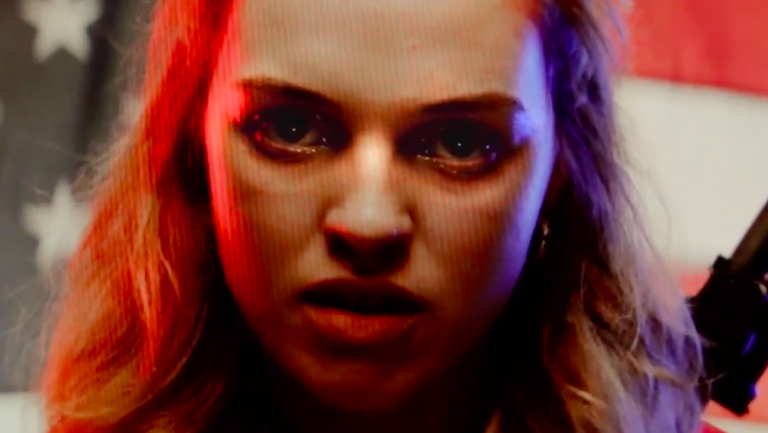
10. Assassination Nation
It took me two viewings to completely comprehend and appreciate this exhaustively (sometimes teetering on obnoxious) hyper satire about four girls who bear the brunt of a small town’s rage after their secrets are exposed by an online terrorist (I couldn’t even grade it after my first viewing in our September/October Review Roundup). All I could say after seeing it once is that the film made me uncomfortable, angered me, annoyed me, made me feel guilty, and brought out many of my insecurities in a way most movies simply don’t have the balls to, anymore–and it had fun with itself while doing so. How dare it?!
Writer/director Sam Levinson owes a significant debt to Asian exploitation, Tarantino, John Waters, Harmony Korine, Heathers, and Natural Born Killers. However,the film still manages to be a unique and astute (though often absurd) exploration of misogyny, mob mentality, homophobia, and the general chaos that results from a world that doesn’t have secrets anymore. While it’s calculatedly scattered heart is occasionally guilty of overkill, the film should still be celebrated for its ingenuity, bravery, honesty, and overall brutal wit.
It’s the movie we deserve to represent the insanity of our times.
Top Ten Movies That Were Very Painful to Leave Off of the Top Ten Movies: Upgrade, First Man, Roma, Zoe, mid90s, Eighth Grade, Three Identical Strangers, The House That Jack Built, Mom and Dad, Welcome to Marwen
Honorable Mentions: Mission Impossible: Fallout, Green Book, The Ballad of Buster Scruggs, Isle of Dogs, BlacKkKlansman, You Were Never Really Here, Avengers: Infinity War, Black Panther, Puppetmaster: The Littlest Reich, Hereditary, Chappaquiddick, Arizona, Won’t You Be My Neighbor?, Suspiria, Blindspotting, Halloween, Thoroughbreds, Hotel Artemis
